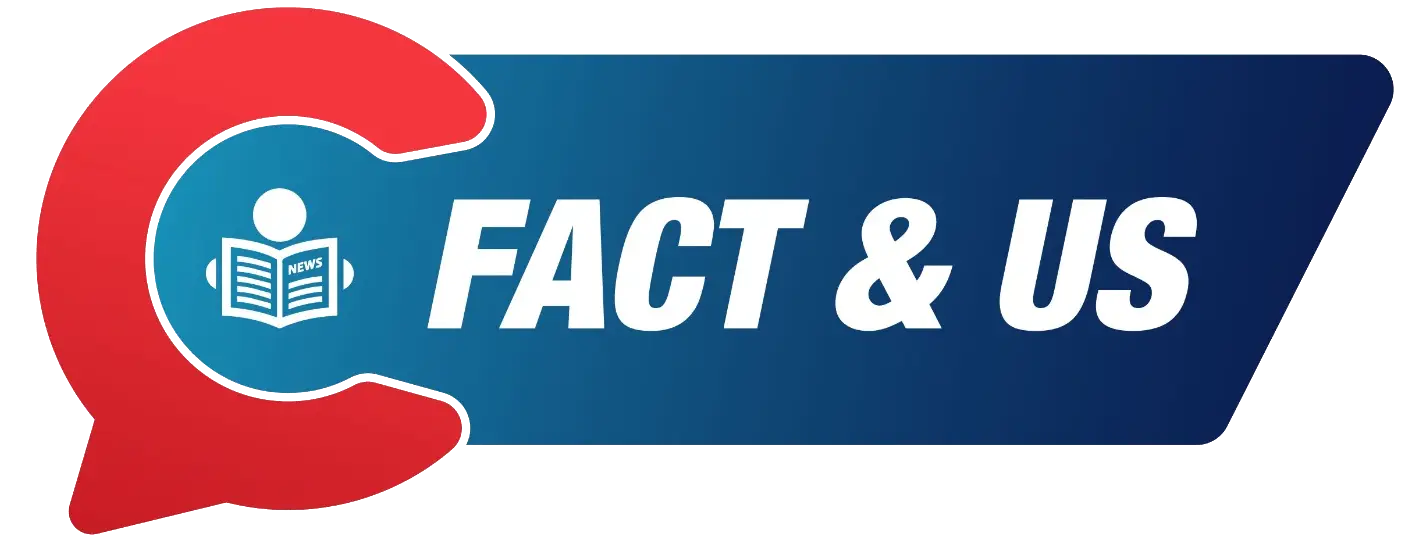We won that case,” the lawyer said of the case brought by the family of an Ivy League student who died from drinking a highly caffeinated Charged Lemonade sold by US bakery chain Panera Bread. Sarah Katz, who had a heart condition, suffered cardiac arrest hours after drinking the beverage from a Panera Bread in Philadelphia last September 2022.
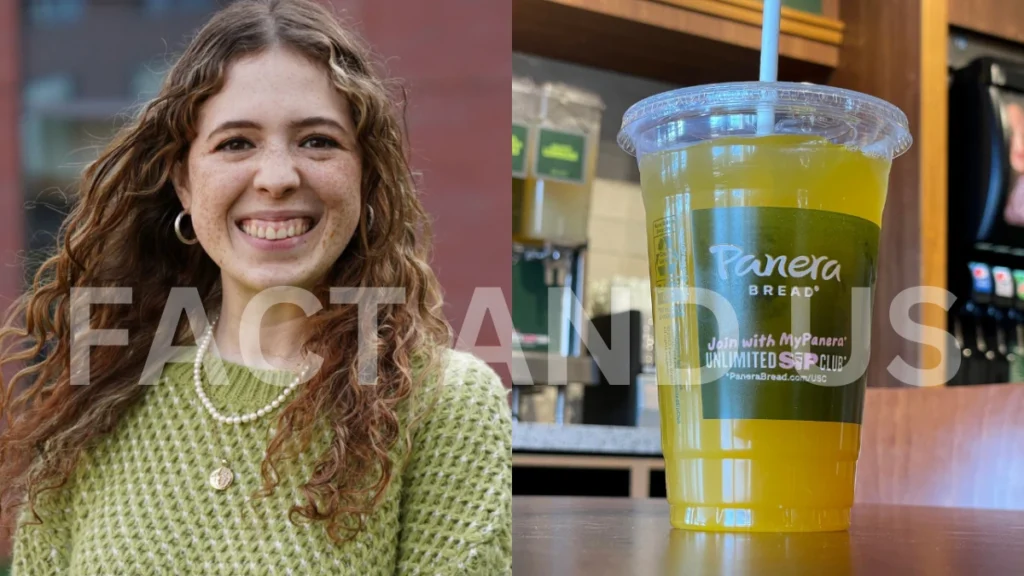
Panera Bread settles first death
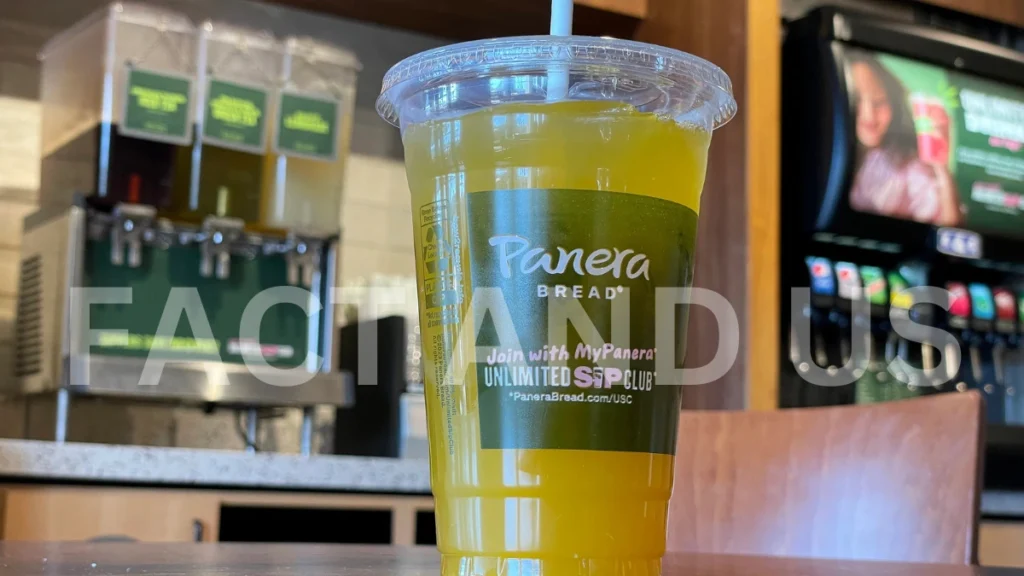
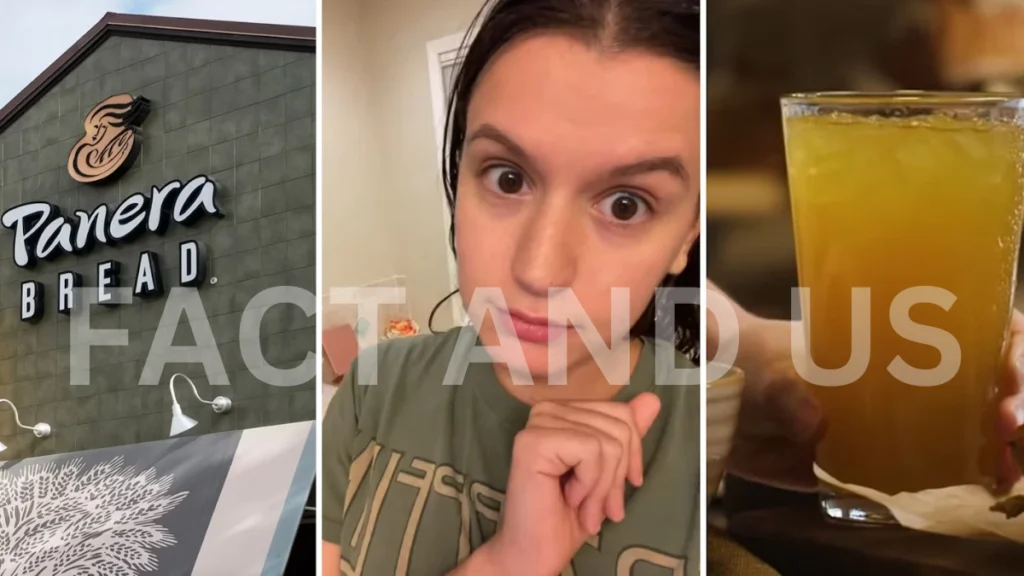
The 21-year-old University of Pennsylvania student’s parents filed a wrongful death lawsuit against the chain in October last year. It was one of four, which referred to Charged Lemonade as a “dangerous energy drink”. Panera Bread stopped selling the beverage in May. MS Katz had avoided energy drinks under doctors’ recommendations because she had been diagnosed as a child with a heart condition known as long QT syndrome type 1.
Panera Bread reached a settlement in the first lawsuit over the death of a customer allegedly caused by its highly caffeinated “Charged Lemonade” drink. The lawsuit was filed by the family of a 21-year-old woman who died after consuming the drink, which contains high levels of caffeine and other stimulants.
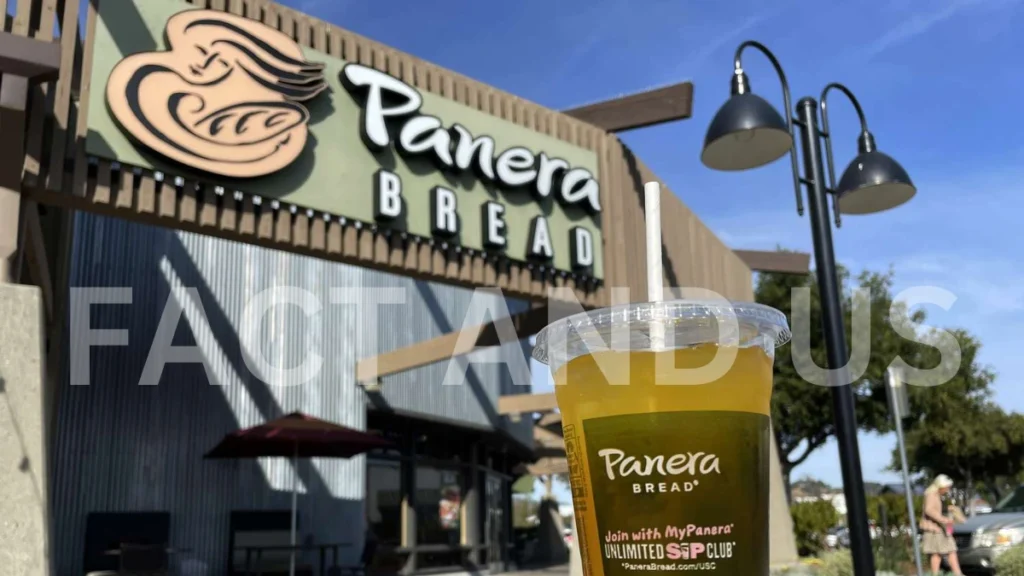
The case was based on the argument that Panera did not warn its customers about the high caffeine content of the Charged Lemonade sold as a refreshing drink. The family’s legal team argued that the said young woman who suffers from a pre-existing heart condition unknowingly consumed the drink due to the potent ingredients contained therein, which was more potent than energy drinks such as Red Bull or Monster.
Reports indicate that the victim, a college student, died from a fatal cardiac event after consuming the Charged Lemonade. The family filed a wrongful death suit against Panera by accusing the latter of negligence for not adequately disclosing the health risks associated with the drink, particularly with consumers who suffer from medical conditions sensitive to stimulants.

Panera Bread replied that the ingredients, along with nutritional information and, importantly, the amount of caffeine, are clearly visible on the website and in stores. However, it has been after the lawsuit that the company has come under mounting pressure to reconsider how it markets the drink and bring more attention to its warning labels.
In a statement following the settlement, the family’s attorney emphasized the importance of companies being transparent with consumers about potentially dangerous products. The settlement terms are secret, but the case has sparked more conversations about the responsibility of food and beverage companies in protecting consumers from unexpected health risks.

Panera Bread hasn’t admitted to any wrongdoing, but instead expressed sympathy for the family, saying in a statement, “Our hearts go out to the family affected by this tragic incident. We take our responsibility to provide safe and transparent options for our customers very seriously and are reviewing our policies around the marketing and labeling of all products.”
As the case draws to a close, consumer advocacy groups are calling for stricter regulations on beverages with high caffeine content and clearer labeling requirements, especi
stay connected with fact and us for more such news.
